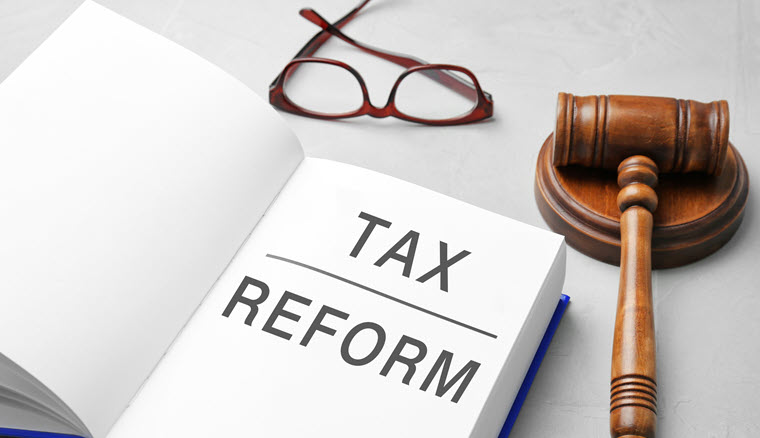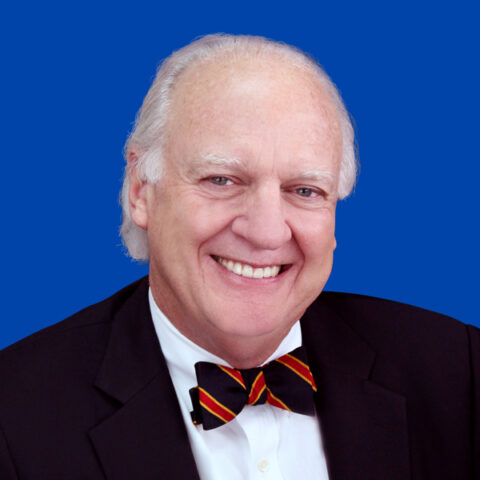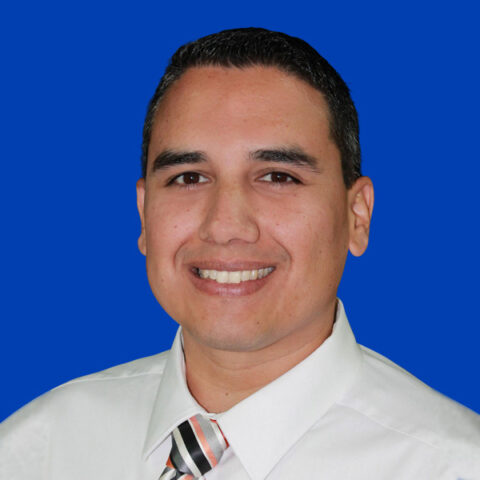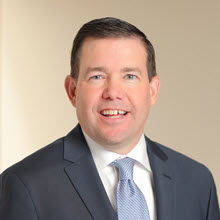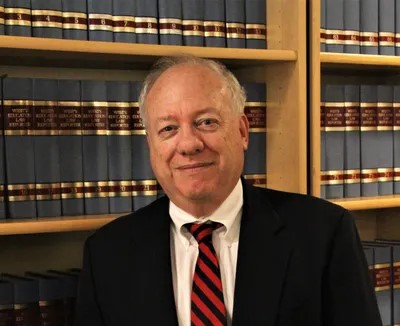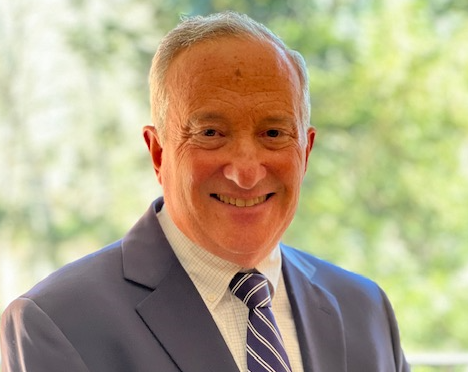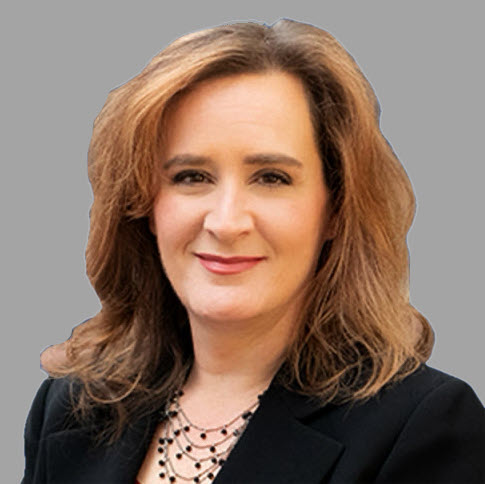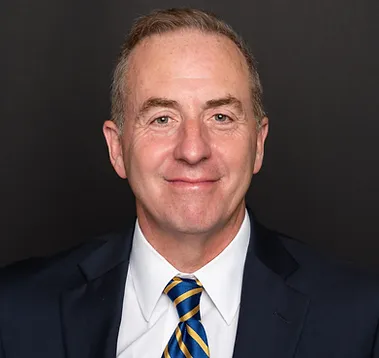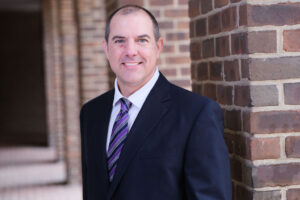The saying that the only things that are certain are death and taxes is attributed to Benjamin Franklin. There are other certainties of course, but for attorneys like me who think about estate taxation, death and taxes are a daily focus. And right now, while those things are certain, the tax laws themselves are arguably more uncertain than ever.
The first partner I worked for used to say that being a tax attorney was like being a surgeon, but every so often the internal organs got moved around. This was his way of saying tax laws change and we have to adapt. The problem with his analogy for me was that the tax laws really didn’t seem to change very much in the nineties. Fast forward about 30 years, however, and we are awaiting expected changes. There’s a bill in Congress to repeal the estate tax (again). We’ve been expecting congressional action to extend the bonus exemption that expires at the end of this year. Other tax cuts that began in 2017 may be extended as well. The step-up in basis might change. Some of us are still figuring out the SECURE Act. And more. So my partner’s statement that seemed inappropriate in the nineties is very appropriate today.
The tax landscape is uncertain, but we know that taxes in some form will still exist. And we know that humans are still going to pass away. Hence, estate planners are challenged to advise our clients on how to best structure their property to pass at death when we don’t know exactly what the tax consequences will be. Formula-based provisions still make a great deal of sense because they can adapt to changes in the size of the estate tax exemption, but word formulas can’t adapt to every possible change in the law.
I’ve been thinking a lot about this as we wait to see what Congress might do this year. Eight years ago we also were expecting congressional action, but it didn’t come until the final part of President Trump’s first year in office – so even though we’re a bit antsy and we hear rumblings that we might have a new tax bill as early as next week, we still may have weeks or months yet to wait. In the interim, commentators have advice on what we should do.
Back in March – after the estate tax repeal bill was introduced – we presented a webinar on strategies to address that possibility. Some of these strategies are already in the InterActive Legal drafting system. Most people who turned them on in the past 10 years did so by accident, but they are there to plan for the exact situation we’re in today – addressing uncertainty on an issue by adding flexibility. One thing we have done is built in a contingent disposition if the federal estate tax is repealed – and we talked about this on that March webinar, “Potential Estate Tax Changes: Bonus Exemption, Possible Repeal, and What To Do Now in Light of Great Uncertainty” which you can view on the InterActive Legal website.
Another webinar is scheduled for next week, “Estate Planning in an Uncertain Environment” where a different set of speakers will discuss estate planning in uncertain times, including the possibility of the bonus exemption either expiring or being extended, step-up in basis changes, and federal estate tax repeal. We hope you’ll join us for that, and while it will air on May 14th, it was recorded in late April. That means there’s a chance that by the time it airs we’ll actually have proposed legislation and some of what is discussed in the webinar may seem less relevant. But that’s the risk we take when we wait for Congress to act – they might do nothing, or they might surprise us with something completely new.
Those of you who are newer to estate planning won’t remember this, but there was another time when we had been waiting on congressional action not for weeks…not for months…but literally for years. The 2001 Bush tax cuts repealed the estate tax, but the repeal itself was scheduled to happen in 2010. We all knew that Congress would of course act before 2010 – they had ten years to act, and they certainly wouldn’t really let the estate tax go away completely. While we might not have expected Congress to act when Bush was still president, we certainly figured that action would happen in the Obama administration. As 2010 came to a close, most of us were shocked that Congress had not acted at all – and now I think we all would consider Congress doing nothing to be a solid bet. Back in 2010 an attorney with whom I’ve been fortunate to work for the past 18 years named Jonathan Blattmachr published an article about that estate tax repeal and the image used to convey the message was that hell had frozen over, pigs were flying, and the Cubs had won the World Series in this century. Of course, since then, the Cubs won the World Series, but it remains a solid bet that Congress will do nothing at all.
If Congress does nothing, what happens? The estate tax and the step-up in basis remain, but the exemption drops in January to about half of what it is today – and wealthy clients who don’t use the bonus exemption will lose it. Their estate planning attorney should probably at least mention to them that there is a really big tax benefit that they could lose if they themselves do nothing. However, clients read the news and they know that there’s a very good chance that this particular Congress, under this particular administration, will extend the bonus exemption, so why should they do anything at all? Of course, that is betting on Congress doing something, instead of nothing – also a solid bet in the current climate, but no guarantees. Which brings us back to what attorneys should recommend, given all of the currently available information.
The upcoming webinar will help with this. And rest assured that even if some of the information becomes outdated by the time it airs due to new proposed legislation, InterActive Legal will provide another webinar right away that covers that proposed legislation.
Also take a look at the article that is now available in our legal knowledge base for InterActive Legal subscribers: Estate Tax Repeal – Could It Be Real and What Should Estate Planners Do? It discusses drafting options to plan for many of the current uncertainties: the possibility of federal estate tax repeal, the possibility of the bonus exemption going away (if Congress does nothing), and the possibility of the bonus exemption being extended. The article also covers different scenarios for what could happen to the step up in basis.
The bottom line is we just don’t know how the internal organs are going to be moved around this time – if at all. We hope to have clarity soon, but in the interim, our jobs as attorneys and counselors are to advise our clients to the best of our ability and to draft documents that are as flexible as possible.
Meet the Author

Teresa Bush joined InterActive Legal in 2007 and serves as Director of Education and Content Support Services.
Ms. Bush has been licensed to practice law since 1991, and focused her practice exclusively on issues of estate and gift tax planning, probate, charitable planning, and estate and trust administration. She began her practice in a small law firm, planning for clients of all levels of wealth. Thereafter, she practiced for a number of years in the Tax Section of Kelly, Hart and Hallman, P.C. in Fort Worth, Texas, and as an estate and gift tax consultant for the Dallas office of Ernst & Young, in both cases focusing on planning for very high net worth clients.
Ms. Bush received her J.D. from the University of Texas School of Law, where she was a research assistant for Professor Stanley M. Johanson. She studied at Edinburgh University and the London School of Economics prior to obtaining a B.A. in Economics and Political Science from Rice University in Houston. While studying abroad, she worked as an intern for a Member of Parliament in the British House of Commons.
Ms. Bush taught legal research and writing as a Teaching Quizmaster in law school, and later taught estate planning extension courses for American College of Financial Services CLU candidates. She has presented several online webinars on estate planning and drafting topics, and is the author or co-author of a variety of estate planning articles.
